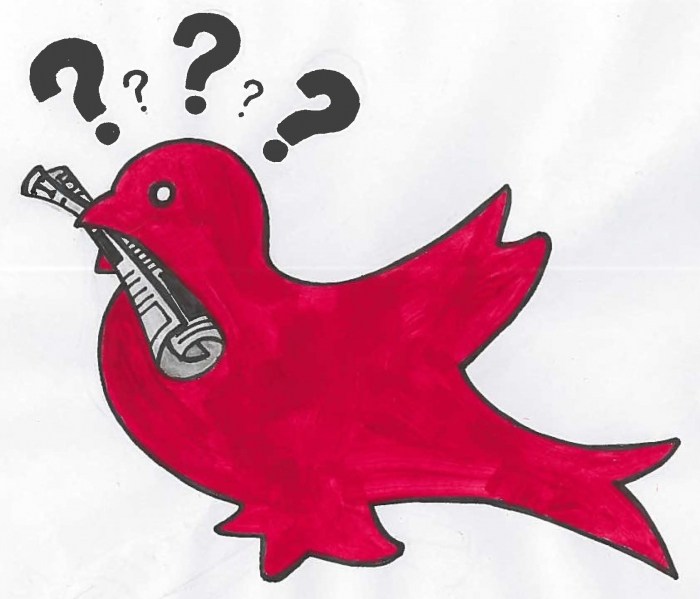As McGill continues to cut important services, such as the Eating Disorder Program, while financing seemingly-endless construction projects, it is easy for students to wonder how the university prioritizes funding for its projects. With a total revenue amounting to around $1.33 billion, creating the budget is a year-long process and usually begins immediately after the previous budget has been passed.
The process by which McGill drafts its annual budget involves a careful analysis of previous financial statements, three budget presentations, and ratification by the McGill Senate and Board of Governors (BoG). McGill’s budget is comprised of four funds: A restricted fund, an unrestricted fund, an endowment fund, and a plant fund. The first two are dedicated to helping the university fulfill its academic mandate. The endowment fund is composed of donations and is thus spent according to the donors’ wishes. Finally, the plant fund consists of government grants and is mostly dedicated to maintenance and renovations.
Where does McGill get its funding?
McGill receives funding from four main sources. The largest funding stream is comprised of grants from the Quebec government. Provincial grants are given in the form of the Quebec Ministry of Education and Higher Education (MEES) operating grant and revenues from regulated tuition fees, which are set by the MEES and adjusted annually according to average household income. In 2018, this totalled $431 million, with Quebec wanting to increase funding by an additional $173 million. Quebec has historically lagged behind other provinces when it comes to the proportion of funding per student. For comparison, in 2017, Quebec spent $11,049 per student, while Ontario spent $13,276, and British Columbia spent $11,216. Meanwhile, the federal government provides $205 million in grants per year, most of which fund research.
Another source is McGill fees, which totalled $319 million in 2018. Increases in tuition occur every year and are based on those of other universities of similar sizes and reputation. In the 2018-19 academic year, there was a 2.7 per cent tuition increase for Quebec students and 3.1 per cent increase for out-of-province and international students.
A percentage of the tuition increases for the latter group of students is given to the government, but, in order to offset recruitment costs, McGill is allowed to charge up to 10 per cent more than this increase. Earlier in 2018, the Quebec government deregulated tuition fees for international students, allowing McGill to set their tuition rates without government intervention.
A significant portion of McGill’s funding comes from revenue generated by the provision of goods and services, amounting to $151.4 million. This includes residences, food services, immunizations, and revenue from Le James Bookstore.
In addition, McGill receives about 10 per cent of its revenue from endowments. This leaves McGill with the third highest endowment fund in Canada, after the University of British Columbia and the University of Toronto, as of 2017.
How is it allocated?
McGill’s expenses are classified between salary payments, which totalled $894 million in 2018, and non-salary payments, amounting to $454 million. The second category of expenditures includes publications, contract services, energy, maintenance, and travel.
The University Strategic Academic Plan 2017-22 is the set of core principles which guide general direction for the annual budgets. The 2018-19 budget claims to be built around five priorities set by Principal and Vice-Chancellor Suzanne Fortier based on consultation with students. These include improving McGill’s educational experience, focus on research, enhancing community partnerships, support for administrative staff, and construction.
One objective of this year’s budget is the Student Mental Health Action Plan, which has dedicated $8.7 million over the course of seven years toward the creation of a Student Wellness Hub and a new website to provide more accessible mental health services for students.
Another initiative in the budget is a pledge to allocate at least 30 per cent of new net tuition to student aid and support. Macleans Magazine ranked McGill first for scholarships in the medical doctorate category, as it devotes 14 per cent of its operating budget to student aid.
Other priorities include dedicating $1.4 million annually to the Indigenous Studies department and Education Initiatives and $4.2 million to academic renewal.







